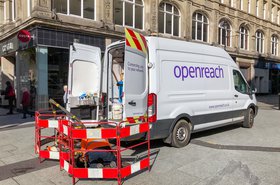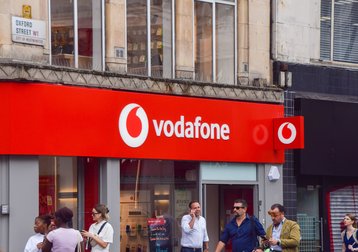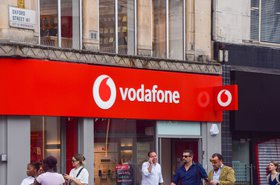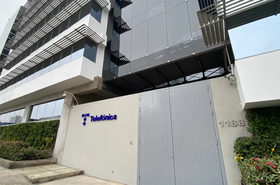BT Group subsidiary Openreach added more than one million fiber builds during the last financial quarter, as the company's footprint surpassed 17 million premises.
It was the fourth consecutive quarter that the telco added more than a million premises during a quarter.
The company, which announced its results last week, said that it remains on track to reach 25 million by December 2026.
During the company's third quarter, the telco also added 472,000 net adds for its fiber business, taking its connected customer base to 6 million people.
BT noted that its adjusted revenue for the quarter was £5.2 billion ($6.46bn), down three percent year-on-year, mainly due to challenging non-UK trading conditions.
The carrier also noted weaker handset trading in its consumer division.
The company's CEO, Allison Kirkby, noted that BT's network modernization continues to take shape, while the business is continuing its push to become fully focused on the UK market.
Yesterday, BT announced an agreement to sell its Irish wholesale and enterprise unit to Cordiant subsidiary Speed Fibre Group.
“We continue to make progress towards becoming fully focused on the UK, with the sale of our data center business in Ireland," said Kirkby last week.
BT sold its Irish data center business to Equinix for €59 million ($60.9m) in December.
Vodafone's German unit lets the side down
Elsewhere this week, Vodafone also announced its financials for the third quarter, up until the end of December.
The company revealed that overall Group revenue increased by five percent to €9.8 billion ($10.2bn) in Q3, while service revenue was up by 5.6 percent for the quarter to €7.9bn ($8.2bn).
Vodafone highlighted strong performances in the UK, Turkey (also known as Türkiye), and African markets.
However, one area for concern was the company's performance in Germany, its biggest overall market. Group service revenue dipped by 6.4 percent in Q3, which Vodafone blamed primarily due to the impact of the TV law change.
Even without this change, service revenue declined by 2.6 percent for the quarter, largely due to lower broadband service revenue.
Vodafone also blamed the TV law change during the second quarter, when revenue declined 6.2 percent YoY.
"This was driven by a step-up in the UK and strong performance in Türkiye and Africa, whilst Germany is impacted by the TV law change," said Margherita Della Valle, chief executive, Vodafone Group.
"We are continuing to invest in the turnaround of our German business, and we are starting to see improving customer trends, although conditions have become more challenging in the mobile market."
During the third quarter, Vodafone completed the sale of its Italian unit to Swisscom for €8bn ($8.3bn), while the company's proposed merger with Three in the UK was finally given the all clear by the UK's Competition and Markets Authority (CMA).








